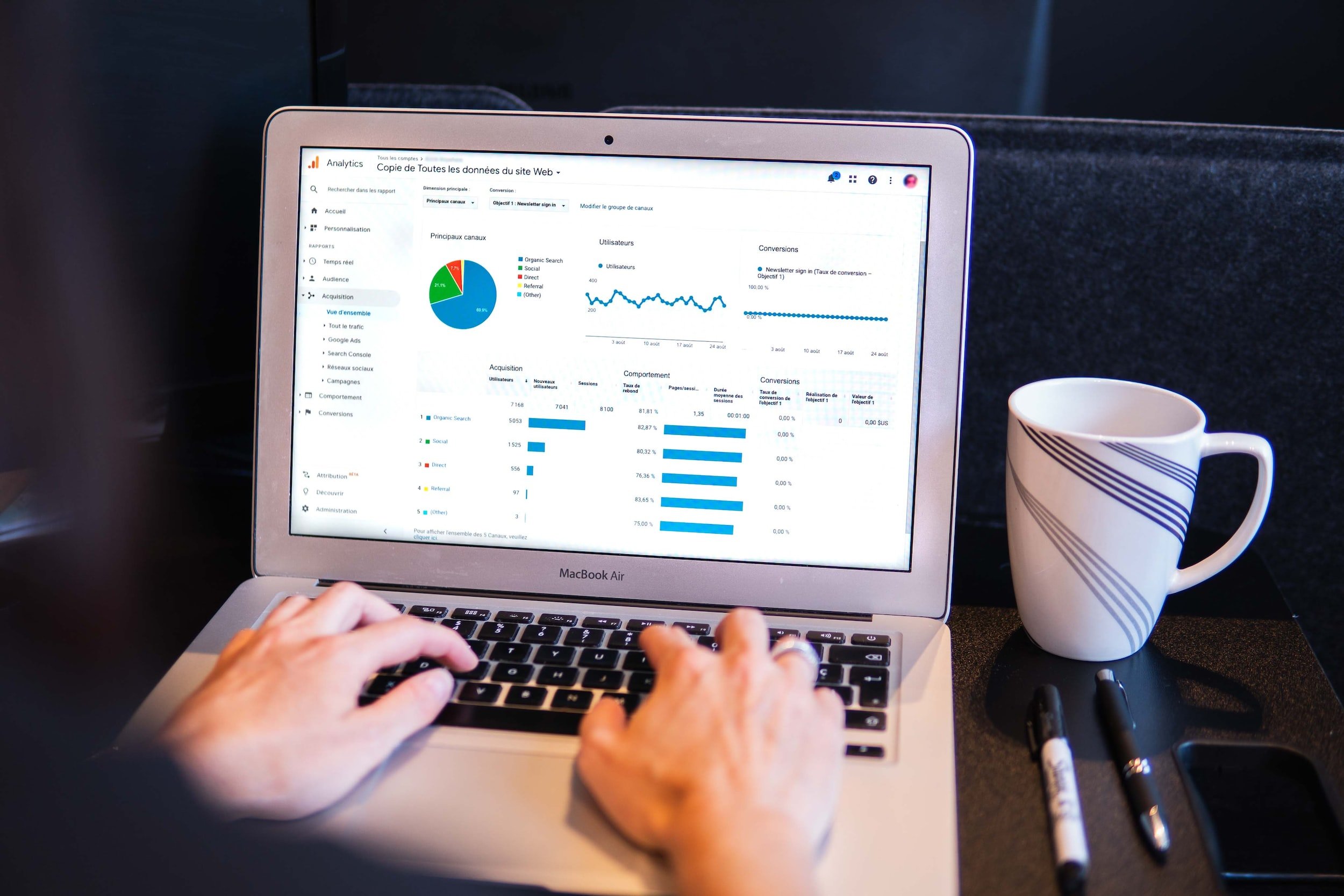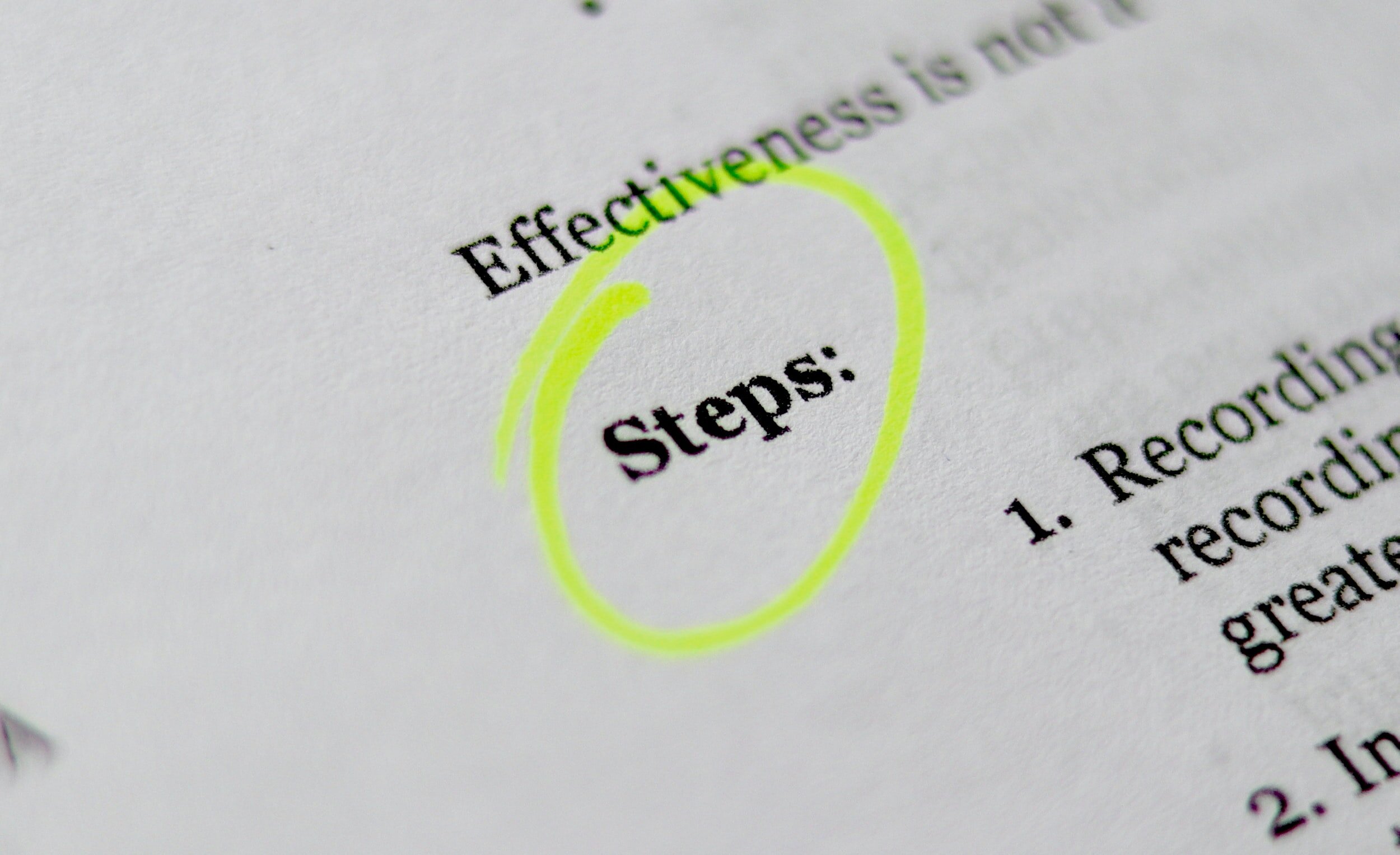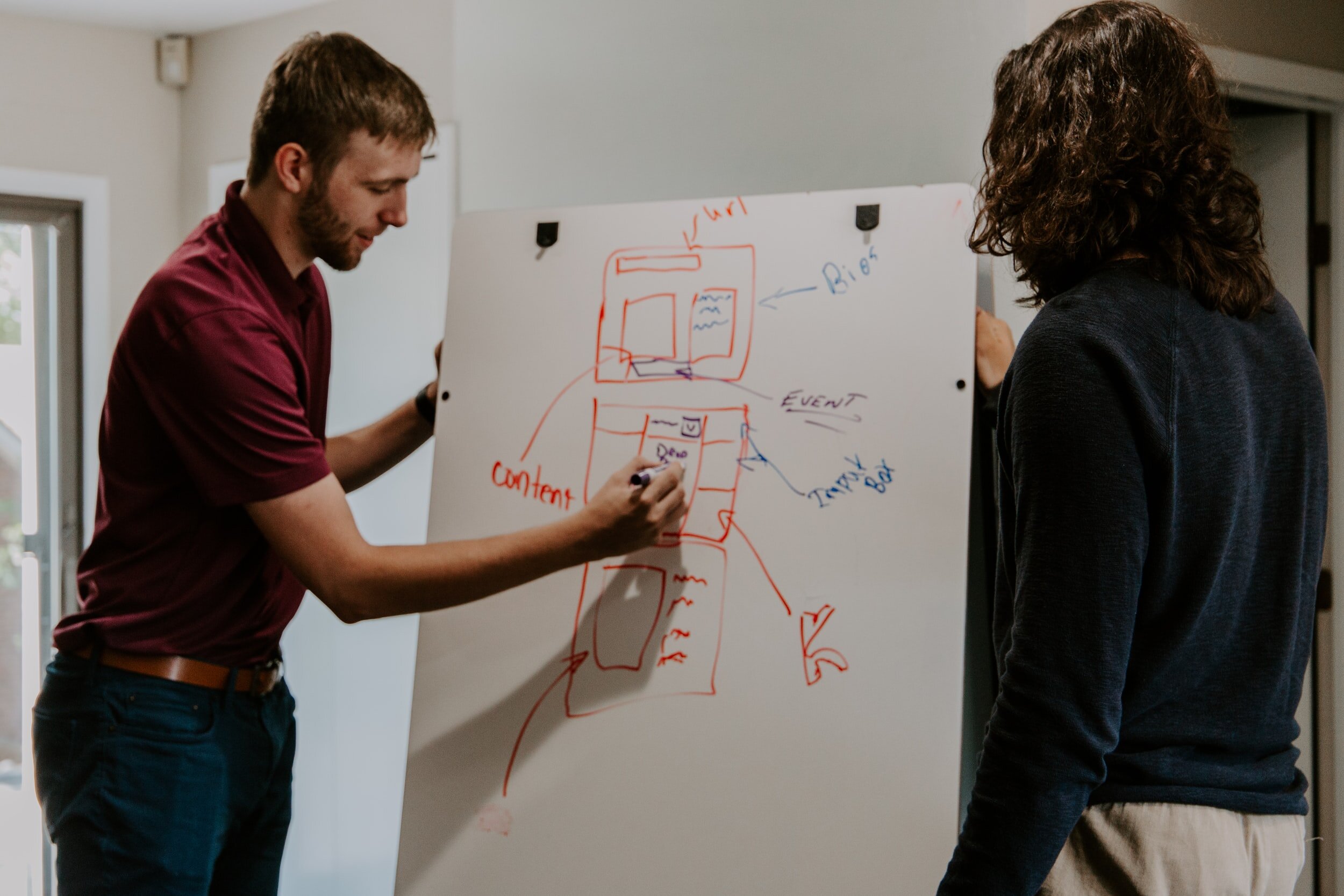20 Nuggets for Conducting Stakeholder Interviews
/I sometimes find that in interviews you learn more about yourself than the person learned about you - William Shatner.
This quote by William Shatner certainly underscores the importance of the interview as a fact-finding technique for both interviewer and interviewee. While interviews provide analysts the opportunity to learn about stakeholders’ needs, stakeholders in the process of being interviewed, also start to unravel the intricacies of what they want – their elusive requirements.
An interview may appear to be a simple process of preparing a list of questions, asking questions and documenting the responses but there is a whole lot more to it, especially if you want to get the most out of it.
You can use interviews to find facts, clarify information, trigger stakeholder interest, generate support, involve end users, identify requirements, solicit opinions and gather feedback from stakeholders.
This post outlines twenty digestible nuggets for getting the most out of stakeholder interviews.
- Consider the 5Ws & 1H of Interviews – Why are you conducting the interview? What information are you after? Which questions will get you closer to your goal? When will you conduct the interview? Who will you interview? How will you conduct the interview? You should define these elements of the interview before it holds.
- Prepare ahead – Save time by learning what you can outside of the interview so that the session can be used to address pertinent issues. The more you know, the more the number of insightful questions you will be able to ask the interviewee.
- Interview the right people – Only specific people have the information you need. Where possible, take the time to know who these people are as well as their interests, strengths, biases and motivations.
- Schedule the interview session appropriately – Put some thought into the venue, the level of privacy you need, the duration of the interview and decide whether refreshments will be necessary or not.
- Begin by stating the purpose and length of the interview as well as what the results of the interview will be used for.
- Encourage the interviewee to relax and respond openly to your questions without fear of judgment or bias.
- Probe more if you are not getting the insight you need. Do this with caution and without getting confrontational.
- Reword your questions if the interviewee does not understand or is not providing sufficient answers to your questions.
- Observe non-verbal cues – they tell a story.
- Maintain control of the interview – Do not allow the interview to get off-track; consciously redirect the interview back to the main subject. An interview guide may come in handy here.
- Approach the interview as you would an investigation. It should be an exercise of your curiousity and not an opportunity to reinforce your opinions or criticize.
- Listen. Be humble enough to accept you do not know everything. This humility will help you listen when the interviewee is speaking. Listening is not just about hearing what the speaker is saying but also about understanding what he or she wants to communicate.
- Be aware of the different types of questions you should not ask – leading, loaded and biased questions should be avoided.
- Maintain control of yourself – Be emotionally intelligent
- Drop all your assumptions at the door – Be open minded
- Use clear and concise language – Avoid the use of jargon and complex language.
- Send out a memo that summarizes the results of the interview – This will allow any misrepresentation to be clarified and additional information provided, where necessary.
- Take notes – This will give the other person the impression that what they are saying is important enough to note down and will certainly help when you are preparing the minutes of the meeting.
- Begin with the end in mind – If you are looking at a process improvement project for example, build your questions from the beginning around the goal the business wants to achieve such as reducing the number of defects in the production process by 80% or reducing inventory by 50%.
- Practise, learn and practise again until you are ready. One quick way to learn is by watching an experienced interviewer in action. See Effective Interview Sessions: Before, During and After.
A main requirement for conducting an interview that is mutually beneficial to both the BA and the stakeholder is experience. Nevertheless, the better prepared you are, the better the outcome will be.











Transporting hazardous liquids is a critical operation across industries like chemicals, mining, and agriculture. With growing demand and increasing emphasis on sustainability, businesses are facing heightened challenges and responsibilities in 2025